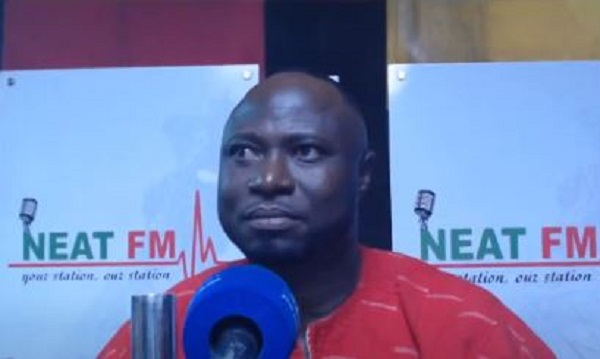![Bright Simons writes: How SML confused Ghanaian professors [Article]](https://citinewsroom.com/wp-content/uploads/2023/02/simons-e1676449710940.jpg)
Bright Simons writes: How SML confused Ghanaian professors [Article]
![Bright Simons writes: How SML confused Ghanaian professors [Article]](https://citinewsroom.com/wp-content/uploads/2023/02/simons-e1676449710940.jpg)
According to the Ghanaian President’s version of what KPMG said, the consultancy concluded that there is a need for SML’s services in some form because, since SML started working, there has been an incremental growth in the volumes of refined petroleum consumed in Ghana subject to petroleum taxes, and therefore of the amount of taxes paid to the government.
.In SML’s view, the world before they entered the fuel monitoring picture in 2020 was one in which fuel wholesale and marketing companies routinely hid the true extent of their trading, misrepresented the actual volumes to their primary regulator, the NPA, collected taxes on behalf of the government from traders at the depots and from consumers at the filling stations and, yet, remitted only a small fraction corresponding to only the partial volumes they declared to the regulators and the tax authorities.
.SML and the Finance Dean merely list volumes of fuel declared in the National Petroleum Authority – the main downstream fuel regulator – system (now known by its mouthful name as the Enterprise Relational Database Management System – ERDMS), compare it to the volumes of petroleum for which tax was paid during the financial year as disclosed by the Ghana Revenue Authority (GRA), Ghana’s tax supremo.
.The problem, then, cannot be that fuel marketing companies are underdeclaring their volumes to the NPA (especially since 2019, the timeframe of their analysis)?
What then accounts for the apparent improvement in compliance in remitting the taxes collected from consumers (i.e. petroleum levies) and paying the right amount of wholesale tax when loading fuel at the depots (i.e. special petroleum tax) as evidenced by SML’s chart below?
.Over time, as the enforcement measures took hold, the fuel loaded and measured by NPA, and declared in the ERDMS, organically started to converge with the GRA data of petroleum volumes on which tax has been paid.
Given that, in the end, it is the order information in the ERDMS, connected to the ports platform (ICUMS), which screens the fuel import volumes and classifications in the first place, that is being used to benchmark the GRA’s taxable volumes calculations, it is completely mindboggling that SML and its supporters would insist that existing flowmeters, and those being supplied by the NPA through Rock Africa, even when calibrated by the GSA, cannot supply validation data for the invoice/order data entered into ERDMS by fuel marketing companies as they load, transport, and offload fuel across the country.






